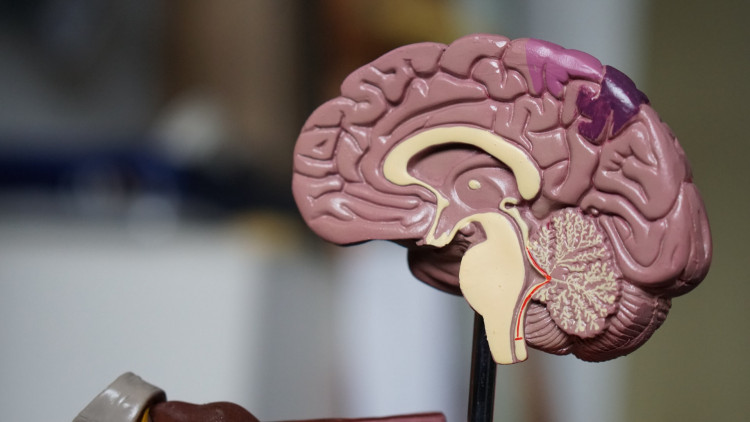If the brain is stripped of healthy nutrients, or if free radicals or toxic inflammatory cells circulate inside the confined space of your brain, the effects are likely to further lead to brain tissue damage. What is surprising is that the medical community has not thoroughly understood the link between mood and diet for many years.
Luckily, the emerging field of nutritional psychiatry is finding that there are many implications and correlations between not just what you eat, how you feel, and how you ultimately behave, but also the types of bacteria that reside in your intestines.
Serotonin helps regulate sleep and appetite, mediate moods, and inhibit pain. Since about 95% of your serotonin is produced in your gastrointestinal tract, and your gastrointestinal tract is packed with a hundred million nerve cells or neurons, it makes sense that the inner workings of your digestive system not only help you digest food but also guide your emotions.
What's more, the activity of these neurons and the development of serotonin-like neurotransmitters are heavily regulated by the billions of "good" bacteria that make up your intestinal microbiome. These bacteria play a crucial role in your wellbeing. They secure the lining of the intestines to ensure that they provide good protection against toxins and "bad" bacteria; minimize inflammation; enhance how well you consume nutrients from your food, and stimulate neuronal channels that pass directly between the intestine and the brain.
Studies have contrasted "traditional diets" such as Mediterranean diets and traditional Japanese diets, to typical Western diets, which have found that the likelihood of depression is 25% to 35% lower for those who consume healthy diets.
Scientists account for this disparity since these conventional diets appear to be rich in vegetables, fruit, unprocessed grains, and fish and shrimp, and contain only small quantities of lean meat and dairy products. They are also void of processed and refined carbohydrates and sugars that are staples of the "Western" eating pattern. Moreover, all of these unprocessed foods are fermented and thus serve as natural probiotics.
This could sound unimaginable to you, but the idea that good bacteria not only control what your intestine digests and consumes but that they often impact the degree of inflammation in your body, as well as your mood and energy levels, is gaining popularity among researchers.
Start paying attention to how you feel about eating certain foods-not only right now also the next day. Try to eat a clean diet for two to three weeks-that is to take away all refined foods and sugar. See how you're feeling. Then slowly add food back to your diet, one by one, and see how you do.
When some people "go clean," they cannot believe how much healthier they feel both physically and mentally, and how much worse they feel when they reintroduce foods that are believed to increase inflammation.






